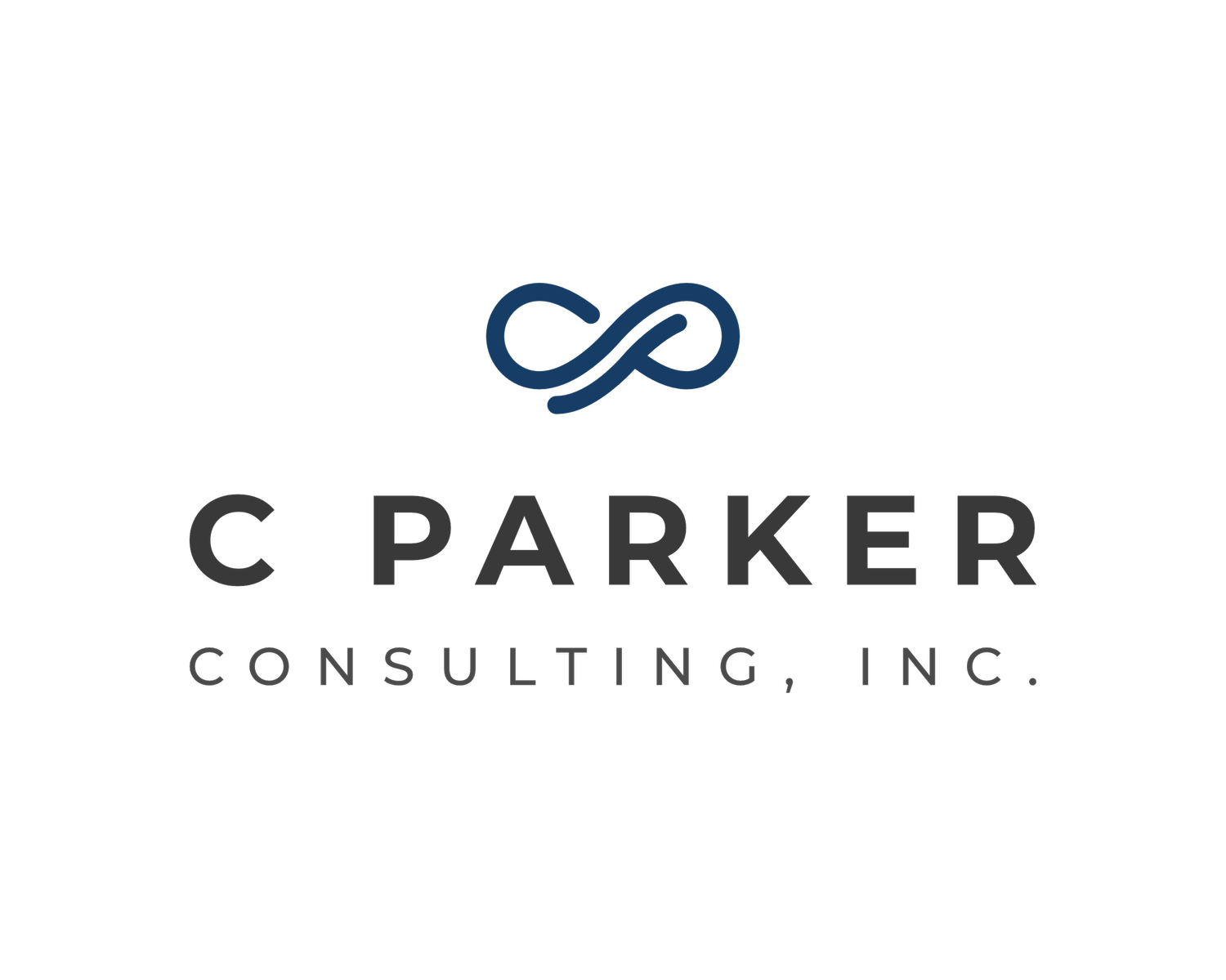A full strategic plan is needed because it provides a roadmap for an organization to achieve its long-term goals and objectives. It helps align the organization's resources, capabilities, and actions to create a coherent and coordinated approach towards success. Here are some key reasons why a full strategic plan is necessary:
· Vision and Direction: A strategic plan defines the vision and mission of an organization. It articulates the desired future state and provides a clear direction for everyone involved. It helps establish a common understanding of what the organization aims to achieve and why it exists.
· Goal Setting: A strategic plan sets specific, measurable, attainable, relevant, and time-bound (SMART) goals that guide the organization's activities. It ensures that efforts are focused on meaningful objectives, avoiding scattered or irrelevant initiatives. Clear goals provide a benchmark for evaluating progress and success.
· Resource Allocation: A strategic plan helps allocate resources effectively. By identifying priorities and key initiatives, it allows organizations to allocate their time, budget, and talent to the most critical areas. It prevents resource wastage on activities that do not contribute to the overall strategic objectives.
· Decision Making: A strategic plan serves as a reference point for decision-making at all levels of the organization. When faced with choices and opportunities, decision-makers can evaluate options against the strategic plan to determine their alignment and potential impact. This helps maintain consistency and coherence in decision-making processes.
· Risk Management: A strategic plan enables organizations to assess potential risks and challenges proactively. By conducting a thorough analysis of the internal and external environment, organizations can identify potential obstacles and develop contingency plans. This allows them to mitigate risks and seize opportunities in a more informed and strategic manner.
· Alignment and Coordination: A strategic plan ensures that all departments, teams, and individuals within an organization are working towards a common set of objectives. It promotes alignment and coordination across different functions, fostering collaboration and synergy. A well-communicated plan helps everyone understand their roles and responsibilities in achieving strategic goals.
· Performance Evaluation: A strategic plan provides a basis for evaluating organizational performance. By comparing actual results against the planned objectives, organizations can assess their progress and identify areas that require improvement. Regular performance evaluations enable adjustments to be made, ensuring the organization stays on track towards its strategic objectives.
· Stakeholder Engagement: A strategic plan facilitates communication with stakeholders, including employees, customers, investors, and partners. It helps convey the organization's vision, goals, and progress, building trust and credibility. Engaging stakeholders in the strategic planning process fosters collaboration and ensures that their perspectives are considered.
In summary, a full strategic plan is essential because it establishes a clear direction, sets goals, allocates resources, guides decision-making, manages risks, promotes alignment, evaluates performance, and engages stakeholders. It provides a comprehensive framework for organizations to navigate the dynamic and competitive business landscape, increasing their chances of success.





